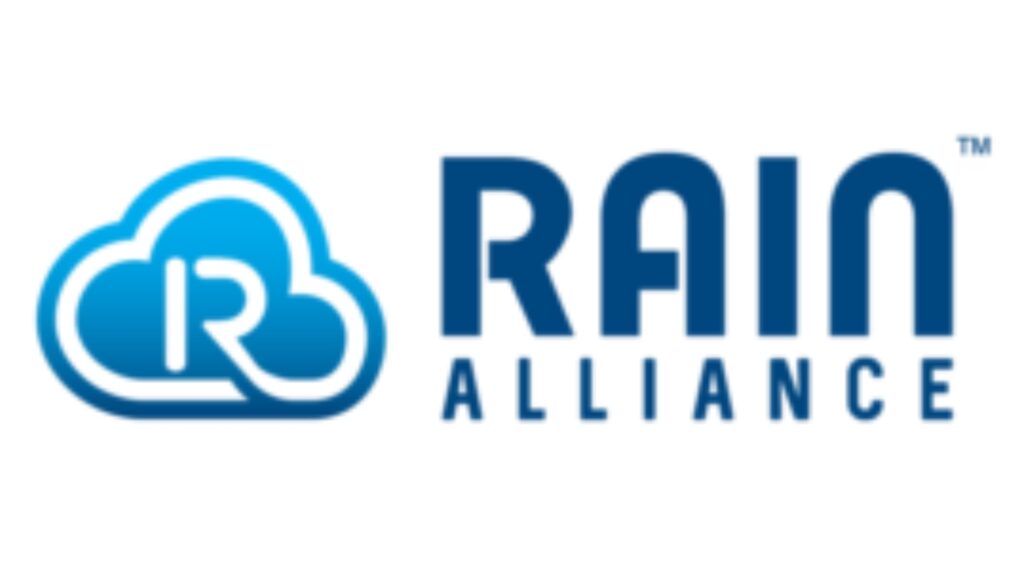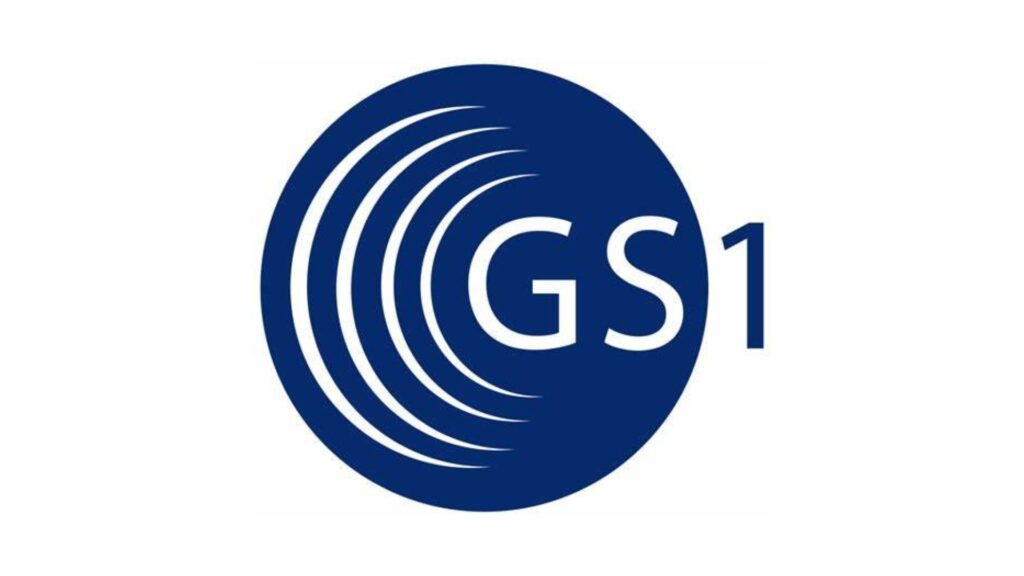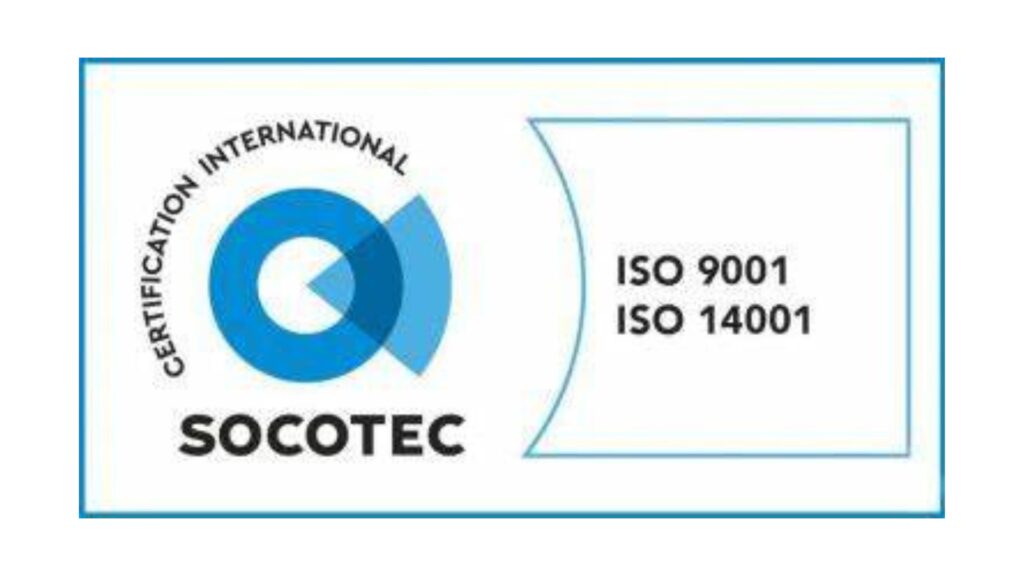Stay updated with our latest news
In RFID, textile manufacturing and traceability, industry and more
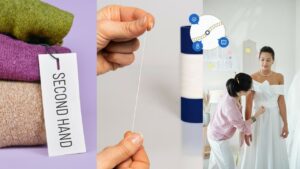
From inventory to circular economy: how RFID transforms fashion retail
The fashion industry is undergoing a major shift as brands face growing challenges in managing inventory, reducing waste, and embracing circular business models such as rental and second-hand sales. With increasing consumer demand for sustainable fashion and new regulations like the Digital Product Passport (DPP) on the horizon, retailers need
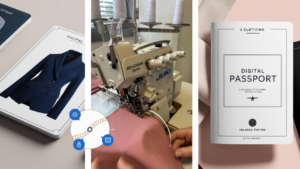
From manufacturing to recycling: how RFID-embedded textiles empower brands with full product traceability
The fashion and textile industry is undergoing a massive transformation. Sustainability regulations, such as the upcoming Digital Product Passport (DPP), are pushing brands to provide detailed product information throughout the entire lifecycle—from manufacturing to recycling. At the same time, consumers are demanding transparency. They want to know where their clothes
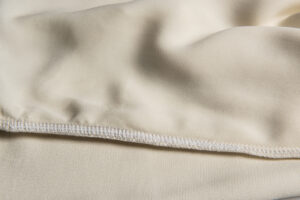
The traceability revolution in the textile sector with thread RFID
In a world increasingly committed to sustainability and the circular economy, Primo1D is at the forefront of innovation with its textile-integrated RFID tags. These cutting-edge RAIN RFID tags, powered by E-Thread™ unique technology, protected by 26 international patents, are seamlessly embedded into textile fibers. They are not only durable and

Primo1D journey – A BFMTV video footage
Behind the scenes We are delighted to share with you an exclusive glimpse into our company through this video report. It highlights not only our UHF RFID thread activity, our ambitions, but also the dedicated team that represent Primo1D. Our Business : A unique expertise Our company stands out with

Primo1D teams up with Decathlon
We are pleased to share with you that we have partnered with Decathlon, global player in the sporting goods industry, and that a major milestone in textile recycling has been reached. The press release hereafter will provide you with further details regarding this cooperation and how embedded RFID tags aims
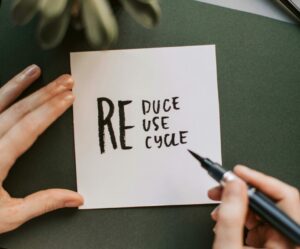
5R Strategy – Reuse with RFID
Rethink, Recover, Repair, Reuse, Recycle. These are the 5 key pillars of a strategy to support circular economy in the textile industry, the 5R strategy. By reusing an article, on gives it a new life and delays its scrapping. Thus, it also reduces the need for new articles as well

Recycle thanks to RFID
Rethink, Recover, Repair, Reuse, Recycle. These are the 5 key pillars of a strategy to support circular economy in the textile industry, the 5R strategy. Recycling is a key step closing the loop of circular economy. It redirects already-existing materials in the manufacturing process. Textile recycling ecosystem Textile articles are
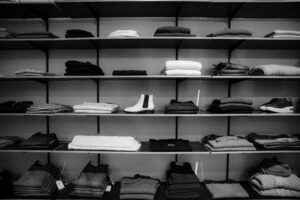
5R Strategy – Repair
Rethink, Recover, Repair, Reuse, Recycle. These are the 5 key pillars of a strategy to support circular economy in the textile industry, the 5R strategy. As it enables optimization and extension of assets lifecycle, repairing is a key element for sustainability. Repairing within the textile sector Articles repairing is not

5R Strategy – Recover
Rethink, Recover, Repair, Reuse, Recycle. These are the 5 key pillars of a strategy to support circular economy in the textile industry, the 5R strategy. Recovering assets is a mandatory step to extend garments lifecycle and to close the loop of circular economy. Regulation Meanwhile, Europe is setting up the Extended Producer

5R Strategy – Rethink RFID
Rethink, Recover, Repair, Reuse, Recycle. These are the 5 key pillars of a strategy to support circular economy in the textile industry, the 5R strategy. Rethinking existing solutions impacts not only stakeholders’ solutions but also tools already in place in the textile industry, such as RFID. Circular economy in textile
Would you like to get even more insights?
We would be glad to discuss your project with you!

